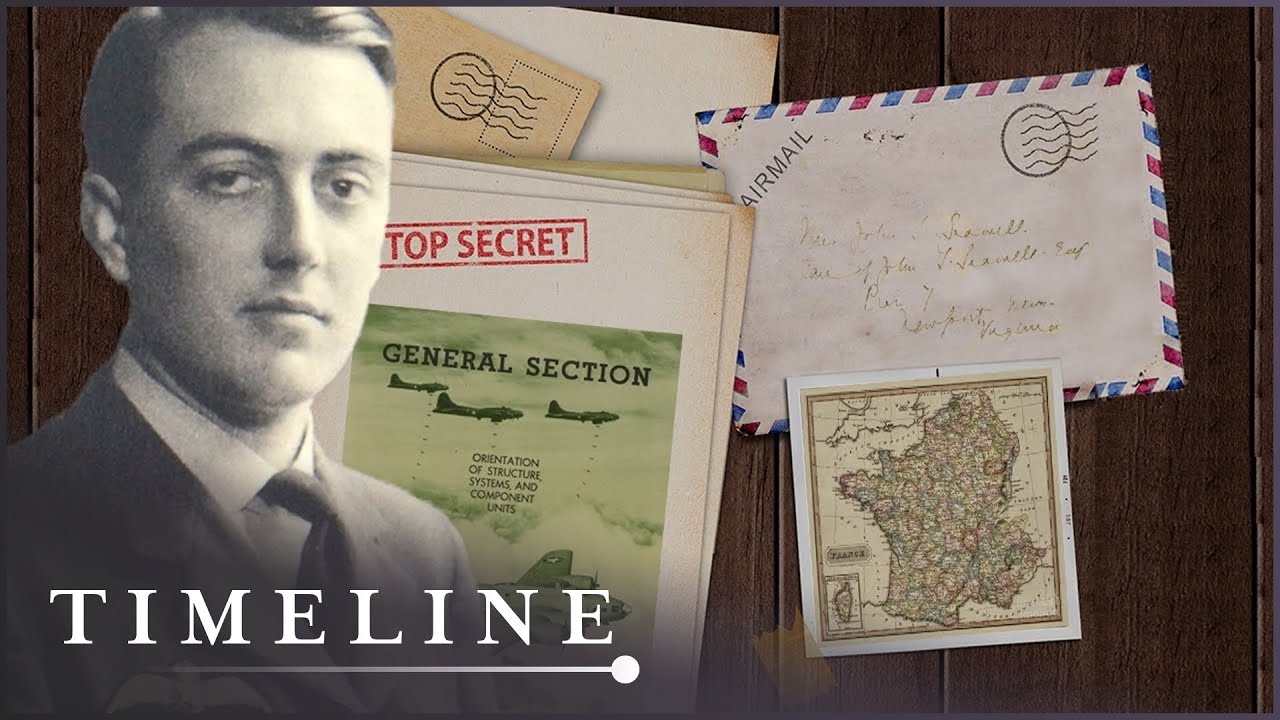During World War II, secret missions were conducted by undercover spies in occupied France, and one of the most extraordinary and effective operations was carried out by RAF pilot Hugh Verity. Verity was a night flight pilot until 1942 when he volunteered for RAF special duties and became involved in secret operations.
Verity flew from England’s Sussex coast in a single-engine Lysander aircraft and landed in German-occupied France, delivering and collecting agents of the French Resistance in absolute secrecy by the light of the moon. This is the story of those secret missions by moonlight.
Verity’s missions were known as Operation “Postmaster” and were a vital part of the Special Operations Executive’s (SOE) efforts to assist the French Resistance in their fight against the Germans. The SOE was a British secret service organization tasked with conducting espionage, sabotage, and reconnaissance missions in occupied Europe.
Verity’s Lysander was specially modified for the clandestine missions, with the rear seat removed to create space for the cargo of agents and their equipment. The aircraft was also fitted with extra fuel tanks and an exhaust flame suppressor to reduce its visibility to German night fighters. Verity and his co-pilot, Gordon Cumming, flew the missions at extremely low altitudes to avoid detection by German radar.
The missions were highly dangerous, and Verity and his crew faced the constant threat of capture or death. The landing and takeoff sites in France were often small fields, which had to be located in complete darkness to avoid detection by German searchlights. Verity would circle the area several times before landing, using his knowledge of the terrain to identify the landing spot.
The agents who were flown in and out of France by Verity’s Lysander were crucial to the success of the Resistance. They were trained in sabotage, intelligence gathering, and guerrilla warfare, and their missions ranged from blowing up railway lines to organizing acts of civil disobedience. Verity’s missions allowed the agents to be inserted deep into enemy territory and to be evacuated safely when their missions were complete.
Verity and his crew conducted over 150 missions during the war, and their efforts were instrumental in weakening German occupation forces in France. The missions were also a testament to the bravery and ingenuity of the pilots, who risked their lives every time they flew into enemy territory.
Another woman who played a vital role in the secret war was Diana Viscomtesse de Rosso. She moved in the shadowy world of secret agents and secret information as a private courier for two of the most powerful spymasters of World War Two. Diana’s role was to transport messages and documents between London and the Resistance in France, often travelling by train through enemy territory.
Diana’s job was incredibly dangerous, and she was constantly under threat of capture or death. She had to memorize codes and passphrases to communicate with Resistance members and use her wits to evade German checkpoints and searches.
Despite the danger, Diana was a committed and brave courier, and her efforts were crucial to the success of the Resistance. She transported vital intelligence and supplies to Resistance members, and her work helped to disrupt German occupation forces and pave the way for the Allied invasion of France.
Life after the war:
After the end of World War II, Hugh Verity returned to his pre-war career in the aviation industry. He worked as an executive with British European Airways (BEA) until 1960 when he joined the British Overseas Airways Corporation (BOAC), which later merged with BEA to form British Airways. He retired in 1970 as BOAC’s Deputy Managing Director.
Hugh Verity rarely spoke about his wartime experiences and maintained a low profile after the war. However, he did publish a book about his experiences as an SOE pilot, titled “We Landed by Moonlight,” in 1956. The book is a fascinating account of his secret missions and the risks he took to deliver and collect agents in Nazi-occupied France. Hugh Verity passed away in 2001 at the age of 86.
Diana Viscomtesse de Rosso also returned to civilian life after the war. She married a French count and settled in the south of France. She continued to work in the world of espionage and intelligence, serving as a liaison between the French and British intelligence services. She also wrote a book about her wartime experiences, titled “Madame la Comtesse de Rosso: Agent Secret de Churchill” (“Madame the Countess de Rosso: Churchill’s Secret Agent”). The book was published in French in 2004 and in English in 2005.
Diana Viscomtesse de Rosso passed away in 2015 at the age of 93. She was recognized for her wartime service with several awards, including the Chevalier de la Légion d’Honneur and the Croix de Guerre. She is remembered as a courageous and dedicated agent who risked her life to serve her country.
In conclusion, the secret war of World War II was fought by many brave individuals who risked their lives to help defeat the Axis powers. Hugh Verity and Diana Viscomtesse de Rosso were two such individuals who played a vital role in the war effort. Their efforts, along with those of countless others, helped to weaken German occupation forces in France and ultimately contributed to the Allied victory in Europe. Their bravery and dedication should never be forgotten.
